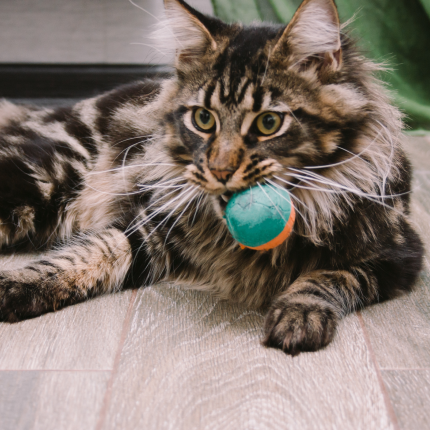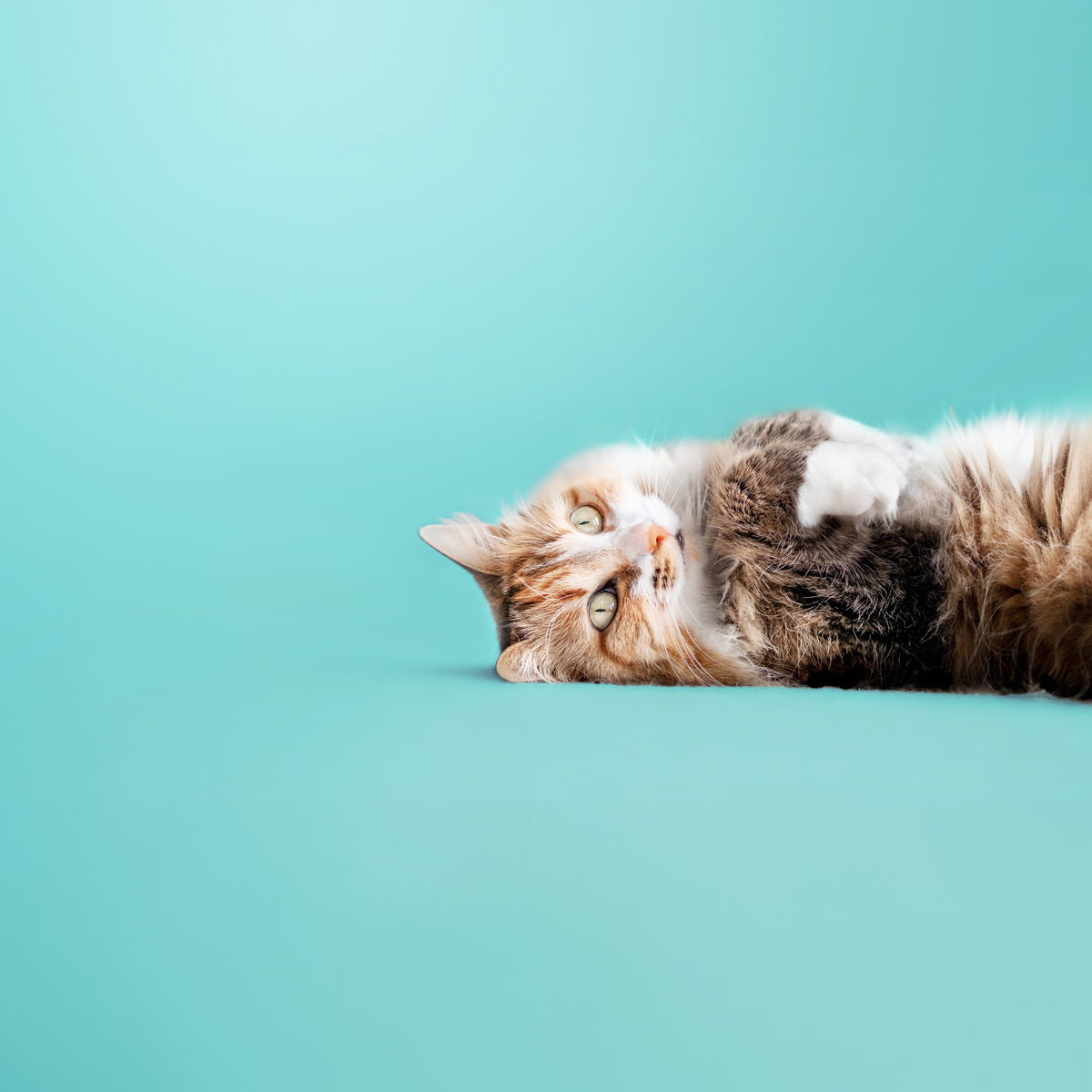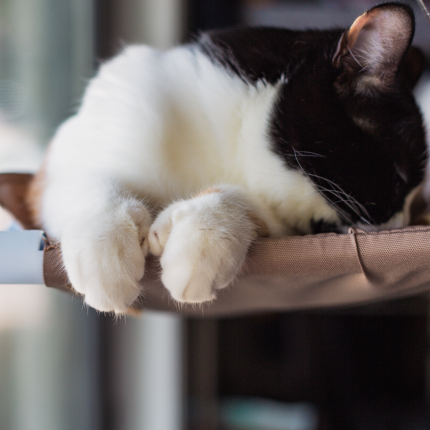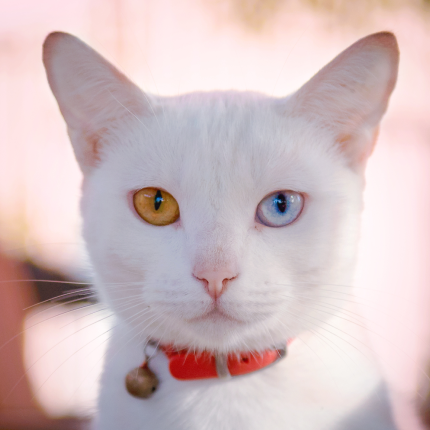New Study Discovers Cats Like to Play Fetch (With a Catch)

When you imagine a game of fetch, the image of a lively dog darting back and forth might come to mind. However, a groundbreaking study published in the journal Scientific Reports has unveiled an intriguing twist: cats also enjoy playing fetch, albeit on their own distinct terms.
Researchers from the University of Sussex and Northumbria University in the United Kingdom conducted a survey involving nearly 1,000 cat owners and 1,154 cats to investigate the phenomenon of fetching among felines.
The results were nothing short of fascinating. Close to 95% of cat owners revealed that their cats engaged in fetching items instinctively, without any overt training. Astonishingly, some cats returned the toy entirely of their own accord, as if they’d crafted their own rulebook for the game.
This fetching behavior was most commonly observed when cats were under one year old, suggesting that it might be a youthful fancy or perhaps a manifestation of their playful spirit.
What truly sets feline fetch apart is that cats dictate the terms of engagement. They decide when they want to participate in fetching sessions and actively influence their owners’ play behavior. To cat enthusiasts, this comes as no surprise – cats love to be the masters of their domains.
In essence, this speaks to cats’ inherent need for control, whether it’s in their interactions, their environment, or even, some might argue, over us, their adoring owners.
However, the motivation behind cats fetching objects differs significantly from that of dogs. Cats tend to engage in this activity with items that resemble prey, mirroring their hunting instincts. For dogs, play is more social in nature, often involving interaction with other dogs or humans.
In the grand scheme of things, play holds substantial benefits for both pets and owners alike. It not only helps deter aggression toward owners but also mirrors the act of preying on real animals, a vital facet of play behavior for these natural-born hunters.
So, whether your cat plays fetch or not, the takeaway is clear: engaging them in play is a fantastic idea. Playtime has an array of advantages, contributing to your feline’s well-being and providing a delightful bonding experience for you both. Ultimately, it underscores the importance of being an attentive and responsive owner to your beloved fur baby.

Featured Articles

Why Do Cats Roll Over Into Their Backs But Not Let You Touch Their Bellies?
It’s common knowledge dogs love to have their tummies rubbed when they freely lay down before you and roll onto their backs. But, if you’re also familiar with cats, you know that when they roll onto their backs with their bellies exposed, rubbing the belly will most likely result in…

Polydactyl Cats: Just More Beans to Love
Polydactyl cats have become extremely popular in recent times. As a result, more and more people are interested in learning more about this six-toed cat and want to get one of their own. If you are a cat lover intrigued by polydactyl cats, you have come to the right place….

The Odd-Eyed Cat (AKA Heterochromia)
Cats are already beautiful and fascinating creatures, but people are bound to take notice when they have something as captivating as two different colored eyes. Odd-eyed cats always have one blue eye paired with either a green, yellow, or brown eye. This form of heterochromia occurs in other animals, including…